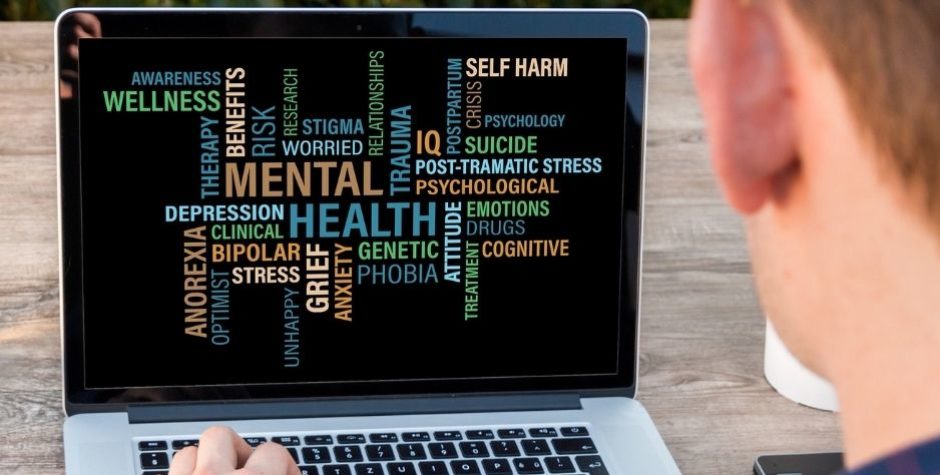Two motions proposing to combat online pornography and its misdeeds have been tabled in the Parliamentary Assembly of the Council of Europe.
The two motions for resolutions aim at combatting the harmful consequences of online pornography from two slightly different angles. The first, introduced by German MP Frank Heinrich (CDU), is entitled “Gender aspects and human rights implications of pornography” (Doc. 14864) and focuses on the gender-based violence often highlighted in pornography. This motion has been accepted by the Bureau of the Assembly and the report accompanying the draft resolution is being prepared. The second motion, more recent, was tabled by French Deputy Dimitri Houbron (LREM) and is broadly supported by the French delegation: “For an assessment of the means and provisions to combat children’s exposure to pornographic content” (Doc. 15077).
In view of the close proximity of this second motion for a resolution to that of the German member, which has already been approved, it is likely that the Bureau of the Assembly will “merge” them, asking Mr Heinrich to take account of the content of the second motion and possibly to include another committee in the drafting of the final text.
Whatever the Bureau’s decision, these two proposals are in line with resolutions already adopted by the Parliamentary Assembly. A first resolution was adopted in 2011: “Combating “child abuse images” through committed, transversal and internationally co-ordinated action” (Res. 1834), and a second in 2016: “Fighting the over-sexualisation of children” (Res. 2119). This series of texts seem to indicate a growing interest on the part of elected representatives to protect children and all citizens from an increasing problem.
Indeed, it is through Internet that pornography has taken off at a dizzying rate: 92 billion pornographic videos were viewed on a major pornographic site in 2016 alone[i].
The European Centre for Law and Justice has therefore produced a report which it sent to many members of the Assembly so that they can appreciate what is at stake in this problem and reflect on possible solutions.
Even a cursory analysis of the subject reveals that scientific research proves the pathological influence of pornography on the human brain, especially that of children. Beyond any moral question, the negative impacts on human development are scientifically demonstrated, in particular:
- An observed dependence which increases with viewing.
- A noticeable decrease in motivation and an alteration in the control of personal impulses.
- An increase in stereotypes and violent/risky behavior.
- The use of pornography also harms the couples themselves, both in terms of trust and in terms of intra-family violence.
Finally, the production of “online content” requires real people, actors, themselves often victims of abuse or of trafficking because of the gargantuan global demand. This demand generates a legal market, but especially a black market of pornographic and child pornographic films involving human trafficking, including children.
In the end, these findings are not really disputed. It is the implementation of online restrictions that poses the most serious difficulties and hinders political action. There is strong resistance from politicians to combat online pornography, perhaps due to the financial power of that industry. Indeed, in a time when so many online sites or writings are effectively suppressed as “hate-speech”, it is surprising that States are not finding the technical or legal means to curb online pornography.
These difficulties invoked as a reason for not acting are also a biased argument: just because we cannot absolutely prevent certain offences does not mean that we should not take steps to minimize them. Pornography contravenes in principle and effect multiple international conventions and the human rights they guarantee.
As the ECLJ shows in its report, restrictive measures exist or are being considered in some countries. Although sometimes imperfect or limited, these measures are feasible and lead to a real reduction in exposure to pornography and a reduction in criminal content.
The ECLJ therefore hopes that these motions for resolutions will be followed with interest by PACE members and acted upon by States that need to enforce measures to truly protect their citizens; both those who watch and those who are exploited.
We will actively lobby the Assembly to provide legal and technical solutions to European States, as we propose in our report. Subscribe below to our newsletter to be kept informed on this issue.
_____
[i] See ECLJ Report: “Pornography and Human Rights”, Page 5, available here.












